Selecting an individual to act on your behalf in the event you become incapacitated or are otherwise unable to make important decisions for yourself is one of the most significant decisions you will ever make. A Power of Attorney, or POA, is an important component to any estate plan, protecting your property, your finances, your health, and even your family in the event illness or incapacity prevents you from asserting direct control over your affairs.
Though you may select a trusted friend or family member to make the decisions you would make if you were able, things do not always proceed accordingly to plan. Unfortunately, there are circumstances when a person trusted with POA takes advantage of the authority entrusted to him, acting only in a way that is self-serving and directly benefits him rather than the person he is serving. This begs the question: what happens when an attorney-in-fact abuses his power under a POA?
POA abuse is a serious legal, ethical, and moral issue that can have civil and criminal consequences for the abuser. It is also detrimental to the principal and his or her affairs that should have been protected under the POA, causing a massive headache – and often emotional distress – to undo the damage done. Here, we will briefly examine the components of POA abuse: what is it, how it happens, and the remedies available to those harmed by an agent’s self-serving actions.
What is a POA?
A POA is a relationship and a contract. Legally, it represents a binding agreement between a principal and an agent that grants the agent authority to act on the principal’s behalf. The powers of a POA kick in when the principal loses the capacity to make critical decisions – like financial or healthcare decisions – on his own. The scope of authority granted through a POA varies by language but typically includes the ability to make legal or medical decisions, including the ability to open bank accounts, sell property, and even file a lawsuit on the principal’s behalf. Typically, POA is granted to a family member or close friend whom the principal deeply trusts to act in his best interest.
In holding the power of attorney for another, an agent has a serious legal duty to act according to the best interest of the principal. Unfortunately, though, this does not always happen. Some agents use the powers granted under a POA to execute self-serving transactions. This is known generally as misusing, or abusing, the POA relationship.
Common examples of POA abuse include:
- Conversion
- Fraud
- Forgery
- Misappropriation
- Breach of Fiduciary Duty
In other words, POA abuse is often financial: it may involve a principal engaging in self-dealing or embezzling the principal’s money. In other cases, though, it may be less blatant. A principal can also make poor decisions regarding a principal’s health care or treatment while in a hospital or long-term care center.
There are many ways an agent can act contrary to the principal’s best interest. Sometimes, these decisions are driven by selfishness. In others, they happen simply because the principal is lazy and not doing everything in his power to ensure he is acting as the principal would have wanted. In every case, the agent is legally obligated to exercise care and due diligence in making decisions that serve only the principal’s best interest and are within the scope of authority granted within the POA. Failing to do this has serious consequences.
Legal remedies for POA Abuse
Whether the abuse is intentional or the result of an agent not understanding his or her responsibilities under the POA, the agent may be subject to civil and criminal consequences. In a civil action, the agent may be required to pay restitution or compensate the principal plus interest. However, when POA abuse rises to a criminal level through acts like embezzlement or theft, the agent can face prosecution resulting in fines and even jail time.
By nature of most financial transactions, there are often paper trails or other detailed accounts available to show that the agent incurred personal gains from decisions made under the POA. These can provide the evidence necessary to establish abuse. POAs are unlike other estate planning documents that direct monetary and property distribution. There is no compensation for holding POA and acting as a person’s agent.
When an agent abuses the POA, there are a few legal remedies available to the principal and/or his family if the principal is unable to act:
- Revoke the POA – If the principal is legally competent to do so, the principal can revoke the POA and execute a new document that names a more trustworthy candidate to serve as his agent.
- Seek ex parte relief – The principal can seek court intervention by asking the court to rescind and deem invalid any unauthorized transactions. If the principal is unable to revoke the POA, the family or a trusted friend can ask the court for a legal conservatorship to protect the principal or for the supervision of the current agent’s future actions under the existing POA.
- Work it out through mediation or a negotiated settlement – To avoid the cost and hassle of formal legal proceedings, the agent may be willing to restore the principal’s financials and surrender his or her authority as agent.
- File a lawsuit – In some cases, it may be necessary to initiate formal legal action to recover misappropriated assets and terminate the agent’s authority under the POA.
If you suspect POA abuse by your agent or a loved one’s agent, it is advisable to reach out to a reputable fiduciary litigation law firm. When it comes to your money, property, health, or family, you need someone trustworthy to make decisions for you when you are unable to do so yourself. An attorney can help you undo any damage done by a dishonest agent and draft a new document to protect you.
